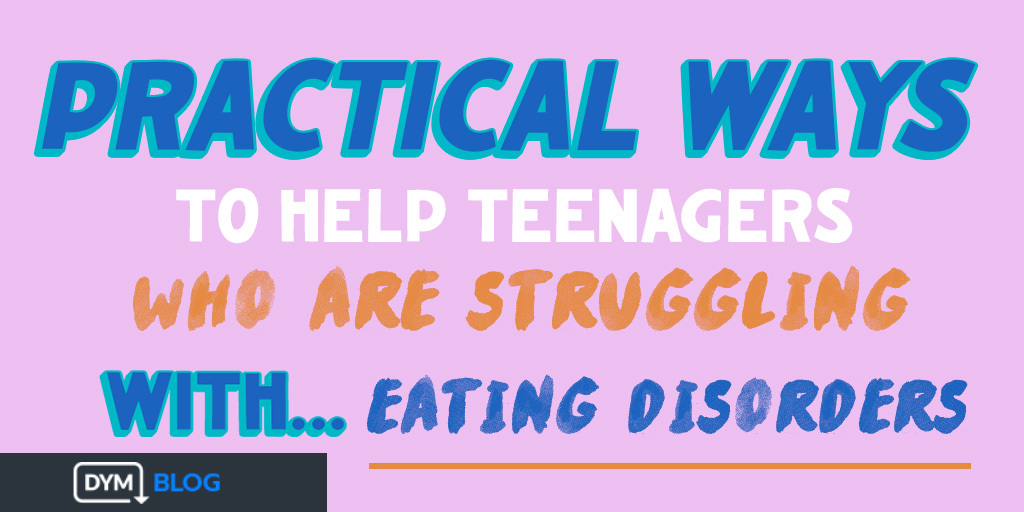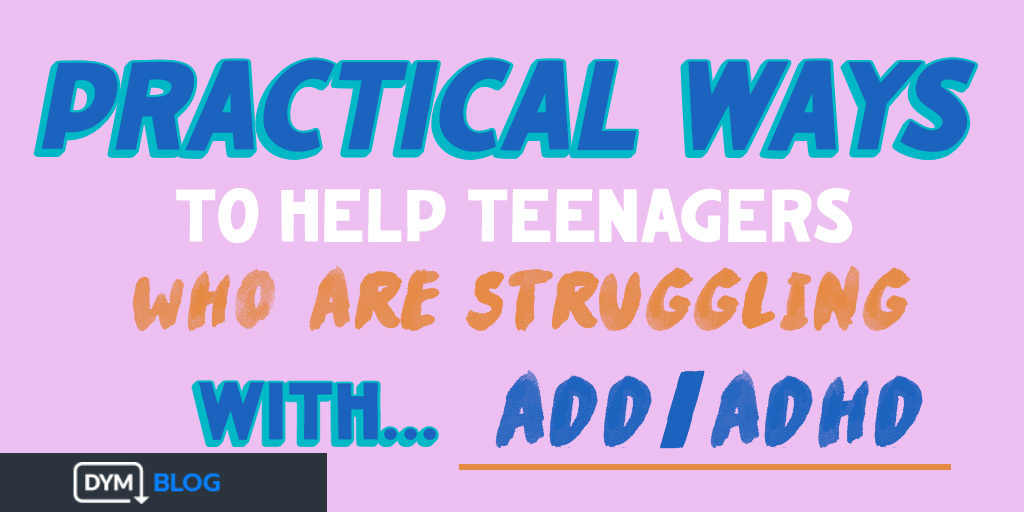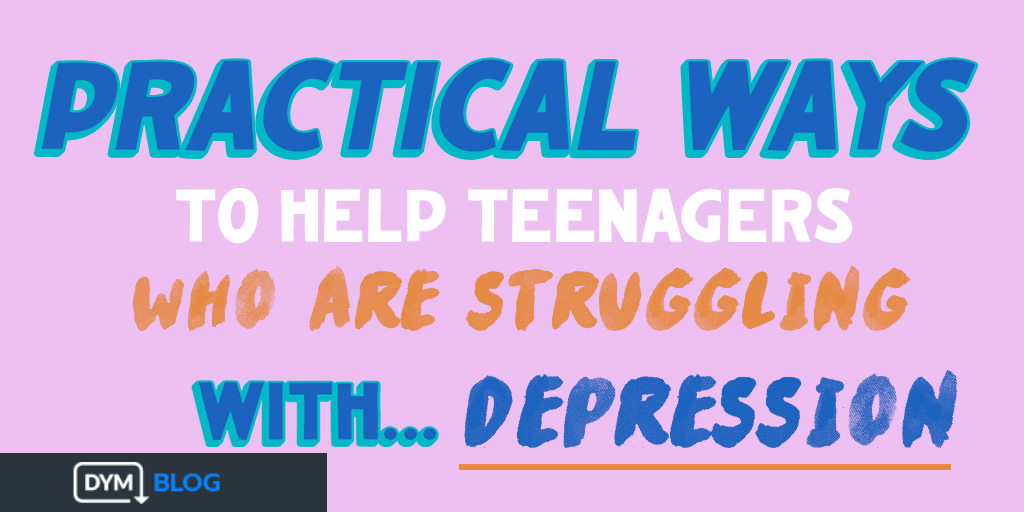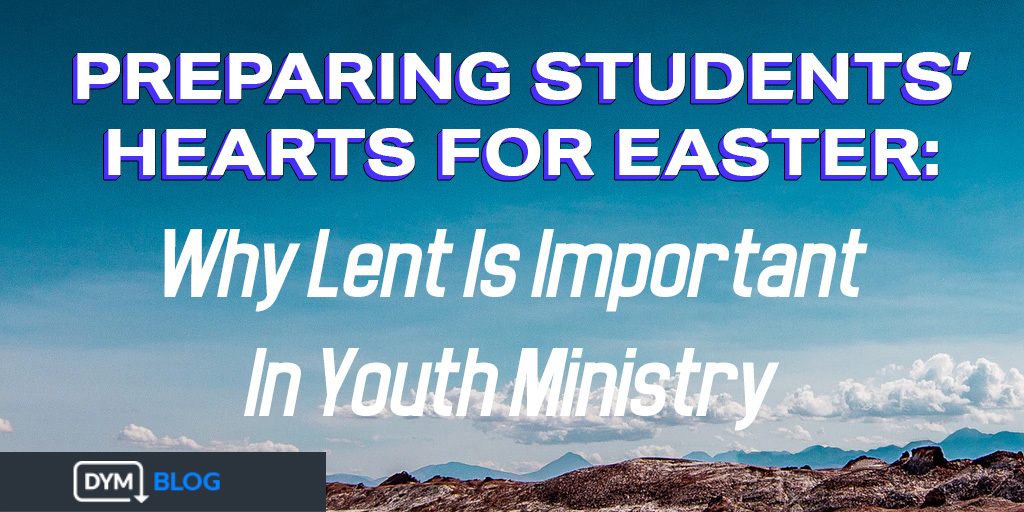Helping Youth Workers Win This April!

AMAZING DEALS ONLY IN APRIL!
Our team at DYM is made up of youth workers! We have hundreds of years of combined experience and a heart that wants to make your life easier and better. Andt that’s not all. We want to save you time so you can do what we can’t do: disciple your students… care for your parents… and spend time with your volunteers.
We’ve combined some of the best deals we’ve ever had and we’re offering ALL of them to you in the month of April! We’re here to help you win!

We’ve made the DYM Membership EVEN better.
Gold NOW gets 25 voting connections in Sidekick (previously 5!)
A NEW monthly countdown video added to member downloads (in addition to the normal membership video!)
AND, get 20-50% off in-person events (new this year!)

Super Summer Mega Pack? Yes, please!
$200 worth of epic, time-saving summer resources for only $99!
Plug-and-play games, complete teaching series’, graphics, videos, summer camp resources, themed events, and 2 high-quality summer calendar designs to choose from – it’s all included! You have to see it to believe it!

We’re launching Coleader Year 2 in May, Save BIG in April!
Subscribe to Coleader Premium+ (or extend your current Premium+ subscription) during April and get 20% off! That gives you an ENTIRE YEAR of curriculum, games, countdowns, and events for only $320! That’s about $6 per week for a fully complete program.

Buy the National Day of Volunteer Youth Ministry Training, get YMU for ONLY $99 (that’s a $150 savings)!
If you sign up for the National Day of Volunteer Youth Ministry Training(either to host it or to own it) we’ll give you complete access to 125 video courses on YMUniversity.com for the renewal price of only $99.
Your volunteers can get world-class training on their device of choice 24/7 all year long! Check it out here!

Become a Platinum Member and get a $100 Starbucks card on us!
Platinum Membership has everything you’ll need for the year (Coleader access, YMUniversity, Events, 50% discounts from the store, etc…).
Join in April and we’ll personally send you a $100 gift card to Starbucks so you can have a relaxing beverage on us throughout the year… we know you need it!

Get $50 Off a DYM Southern California Event This Fall!
You’re the leader, you need some rest and training and networking and learning and fun! We have all that waiting for you this fall at our events in Southern California.
We’d love for you to join us for Your First Decade in Youth Ministry Conferenceor DYM100: Roundtable Conversations Conference. We’ve got a $50 discount for you if you sign up this month!



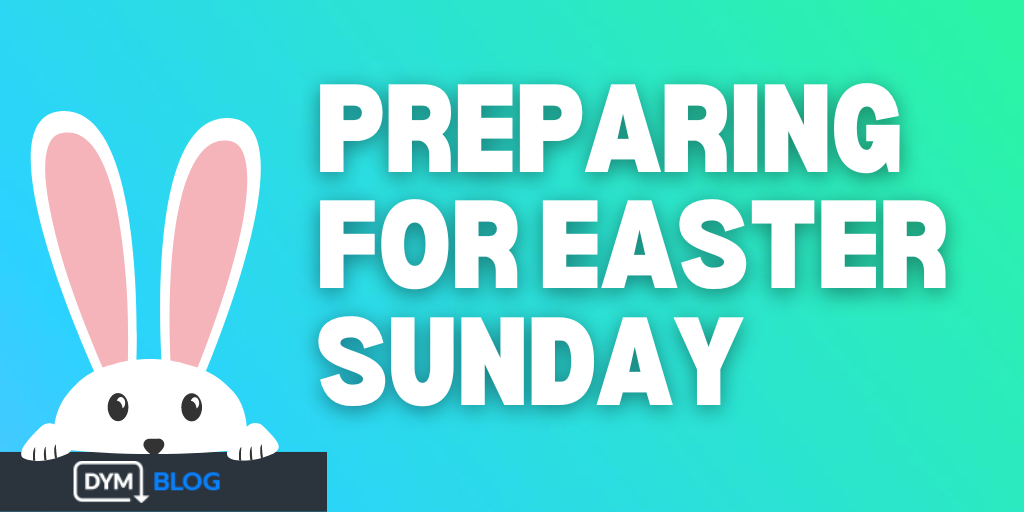


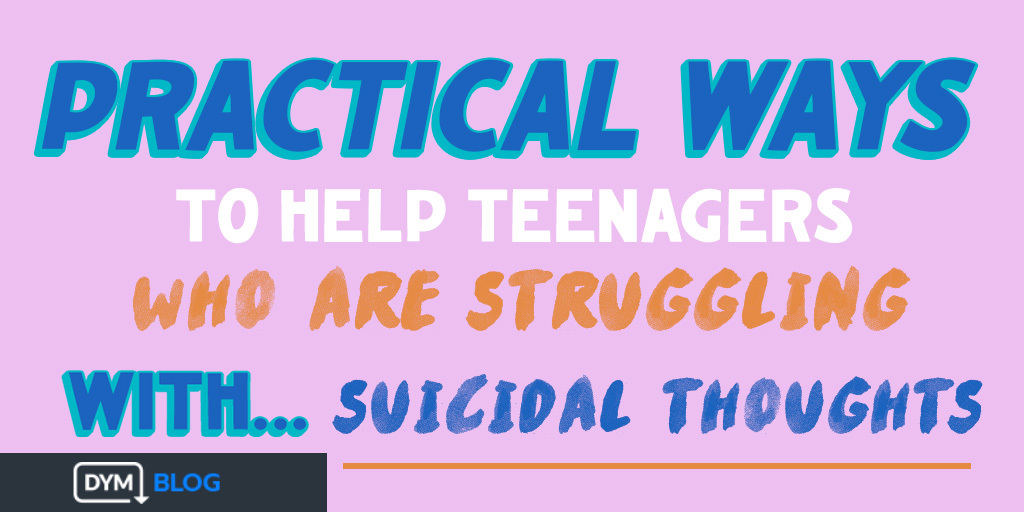

 Michelle lives in Idaho with her husband where they love to spend time outdoors, go on new adventures, and find the best chicken wings and coffee places. She also possess the ability to kill any plant that comes into their home. She also is the Co-Host of the Middle School Ministry Podcast.
Michelle lives in Idaho with her husband where they love to spend time outdoors, go on new adventures, and find the best chicken wings and coffee places. She also possess the ability to kill any plant that comes into their home. She also is the Co-Host of the Middle School Ministry Podcast. 